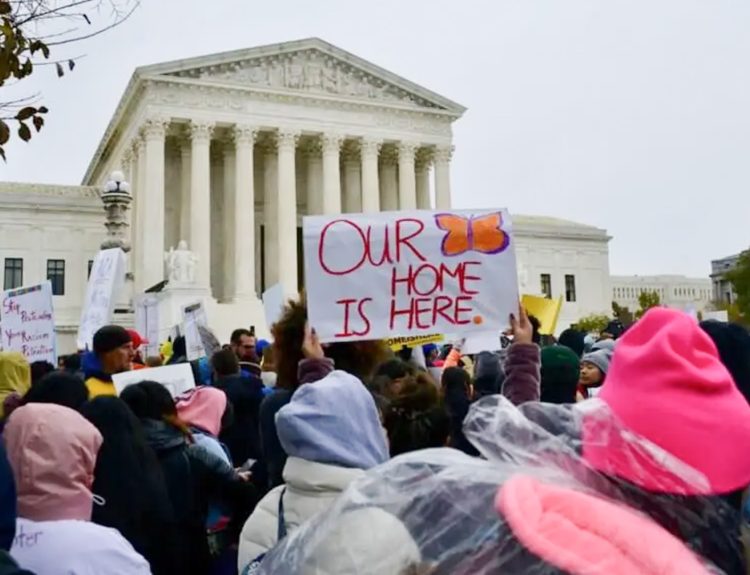Midwestern state Iowa is the latest to follow Texas’ lead in empowering local law enforcement to arrest and deport illegal immigrants, advancing legislation that defies the Biden administration amid a deepening border crisis.
With Senate File 2340 headed to Gov. Kim Reynolds’ desk, the Republican is poised to sign into law measures allowing police to apprehend those who re-entered the country after deportation, mirroring moves by GOP states to combat unlawful migration themselves.
Iowa Passes Texas-Style Illegal Immigration Bill
A bill has passed in the Iowa legislature allowing police to arrest illegal immigrants who had previously been deported.

Governor Reynolds stated, “President Biden and his administration have failed to enforce our immigration laws and, in doing so, have compromised the sovereignty of our nation and the safety of its people. States have stepped in to secure the border, preventing illegal migrants from entering our country and protecting our citizens.” The bill is scheduled to take effect in July.
What Does Iowa’s New Law Allow?
Iowa’s Senate File 2340 empowers local law enforcement officials to apprehend and detain undocumented immigrants who have been previously deported or denied entry into the U.S.
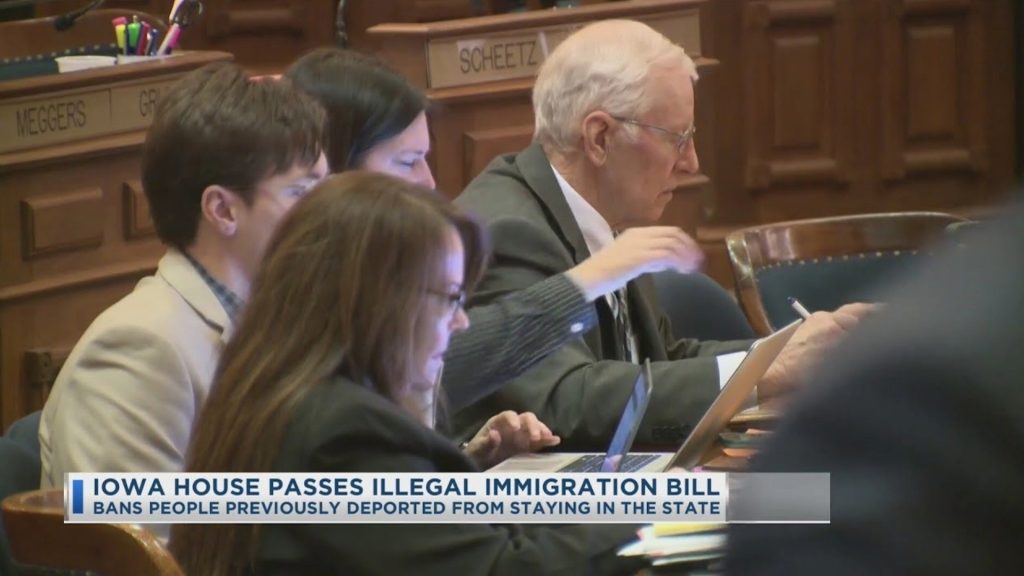
Specifically, the legislation makes it a criminal offense for undocumented immigrants to enter or re-enter the state of Iowa if they were previously subject to deportation or denied admission.
New Law Pushes For Criminal Prosecution and Imprisonment
Upon arrest, undocumented immigrants would be subject to criminal prosecution and face potential imprisonment and monetary fines if convicted.
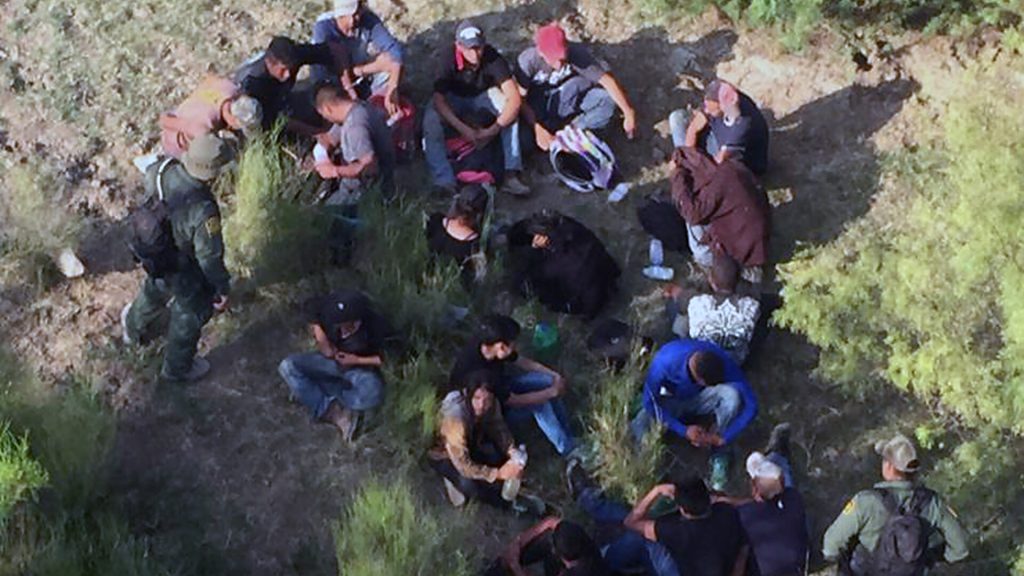
By facilitating the arrest and detention of undocumented immigrants for immigration violations, Iowa’s new law seeks to curb illegal border crossings into the state and deter undocumented immigrants from remaining within Iowa’s borders.
Criticism Over The Involvement of the Federal Government
Critics argue that the law improperly involves state and local officials in immigration enforcement, which is traditionally the federal government’s responsibility.
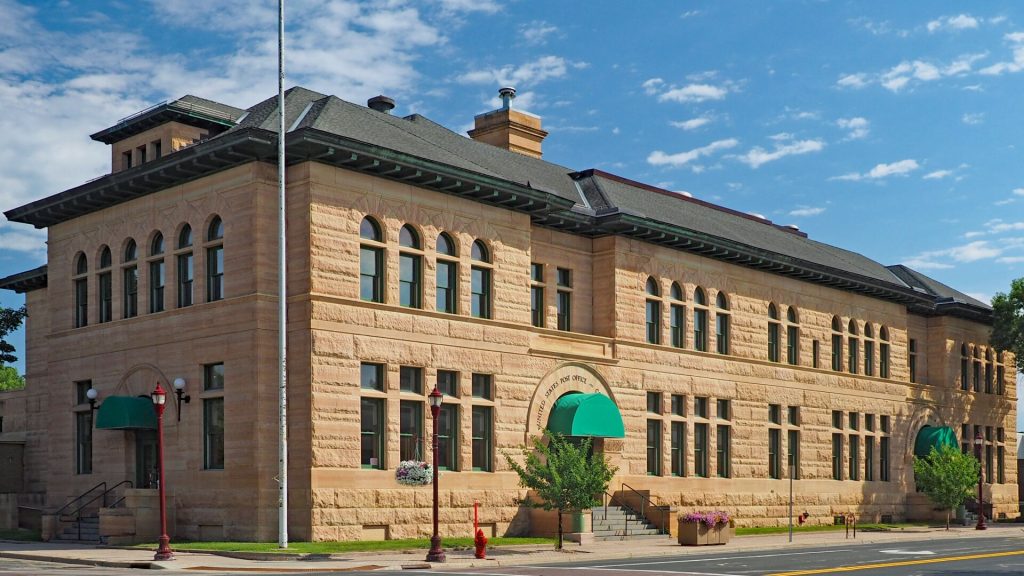
They note that the law may lead to racial profiling and discourage undocumented immigrants from reporting crimes or cooperating with police investigations for fear of deportation.
Bill Supporters Argue Biden’s Administration Has Failed
Proponents counter that the Biden administration has failed to adequately secure the border and enforce federal immigration laws. They claim states have a duty to protect their citizens in the absence of federal action.
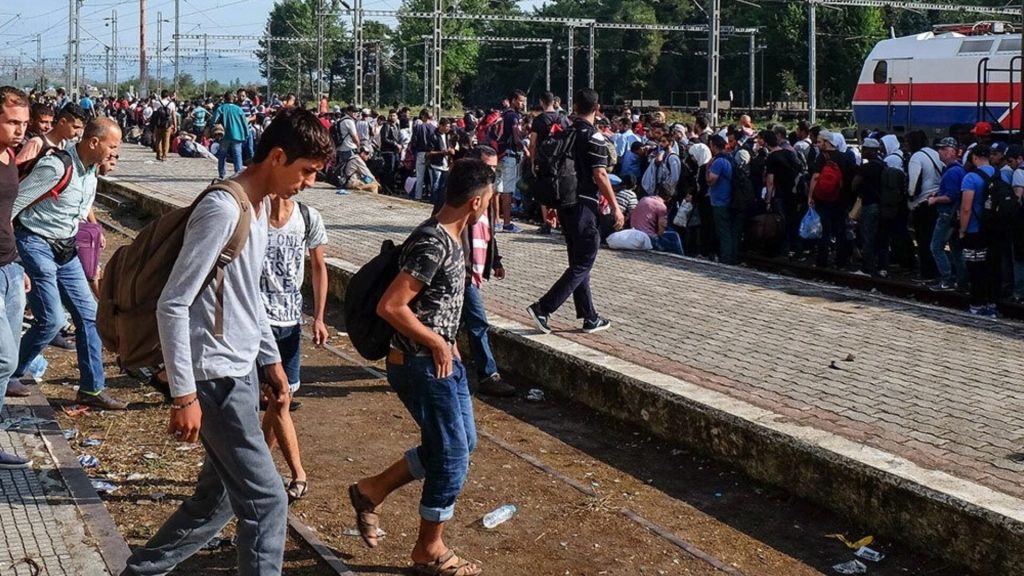
Similar legislation empowering local law enforcement to arrest undocumented immigrants has been proposed or passed in other states, though legal challenges remain ongoing.
How Iowa’s Law Compares to Texas’ S.B. 4
Like S.B. 4, Iowa’s law would authorize local law enforcement officials to arrest undocumented immigrants who had previously been deported from the United States.
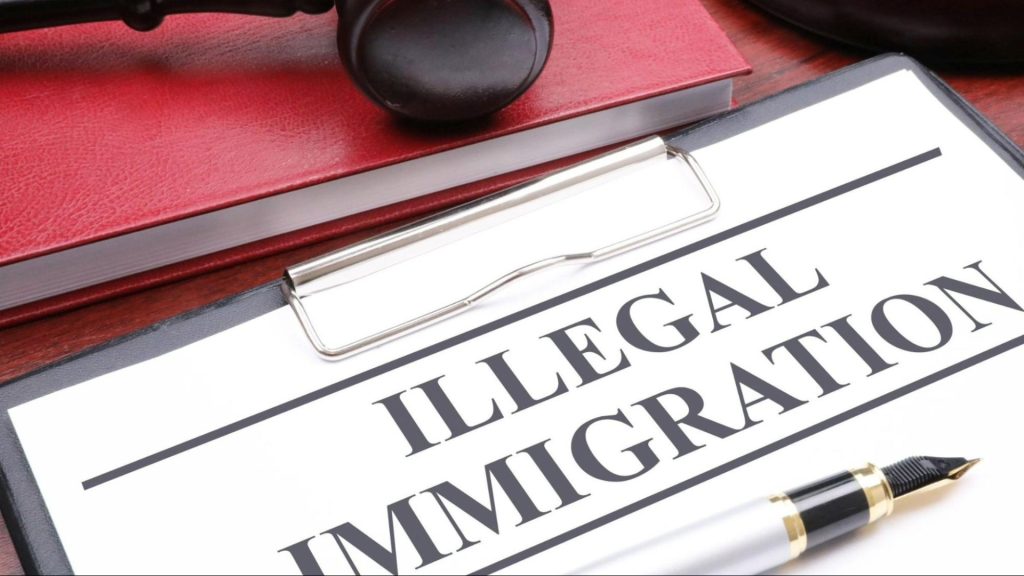
Both states aim to curb illegal immigration by empowering state and local authorities to enforce federal immigration laws when the federal government fails to do so.
Pushing Back on Federal Authority
The Biden administration sued Texas over S.B. 4, arguing that it violates federal supremacy over immigration policy and usurps powers reserved for the federal government.
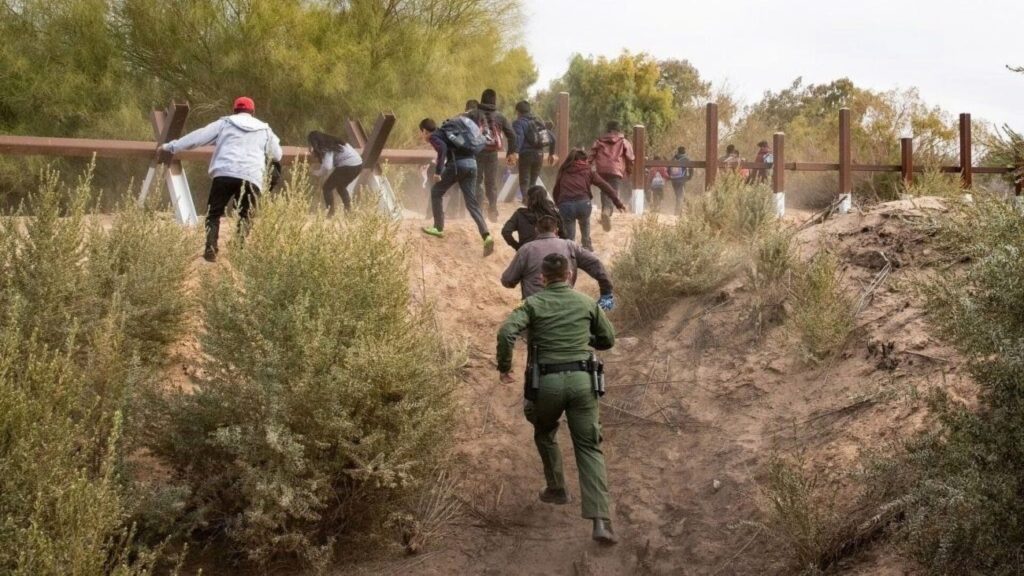
Iowa’s law would likely face similar legal challenges. Both states contend that the federal government has failed to fulfill its responsibility to curb illegal immigration, necessitating state intervention.
Raising Safety and Security Concerns
Proponents argue that S.B. 4 and Iowa’s bill will enhance public safety by facilitating the removal of undocumented immigrants, especially those with criminal records.
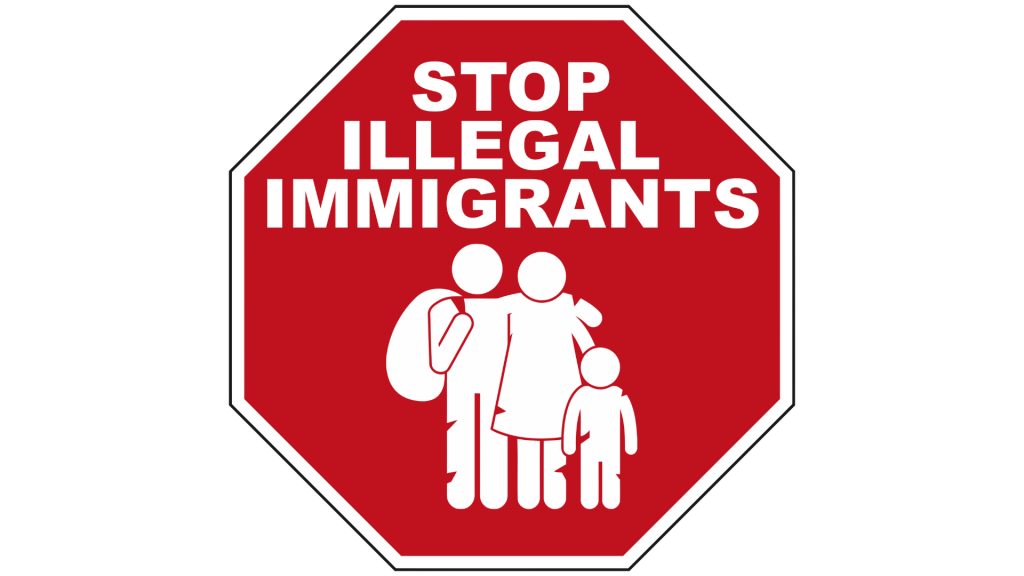
Some concerns overburdening local law enforcement with immigration enforcement will divert resources from their core public safety mission.
Legal Challenges to State Immigration Laws
The 5th Circuit Court of Appeals has blocked S.B. 4 from taking effect, though the Supreme Court temporarily allowed it before kicking the case back to the appeals court.
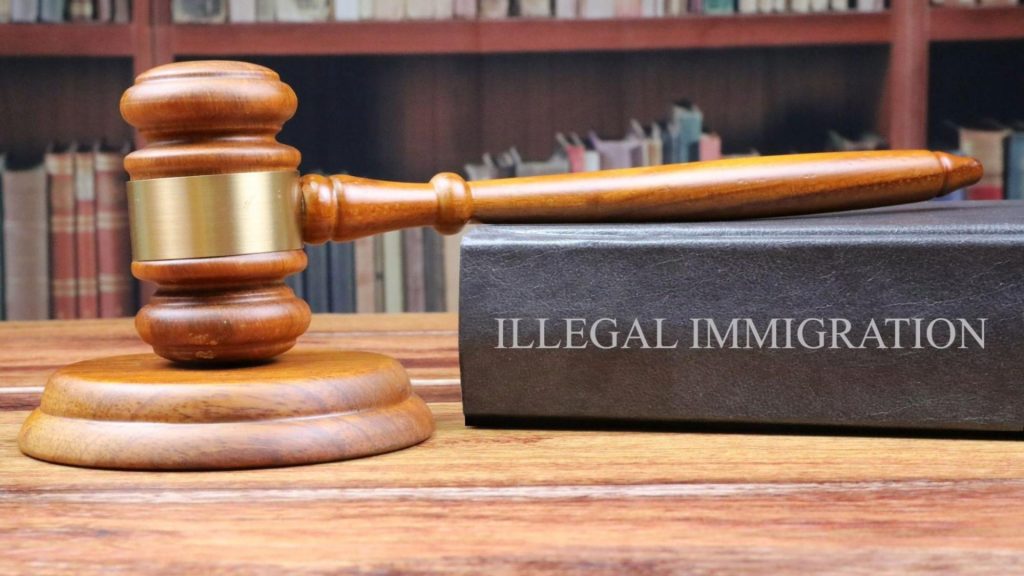
The legal battle highlights the conflict between the Biden administration’s authority over immigration and border security and Republican governors’ arguments that the federal government is failing to secure the border, necessitating state intervention.
Why States Are Taking Immigration into Their Own Hands
States point to the ongoing humanitarian and security crisis at the southern border as evidence of the need for action.
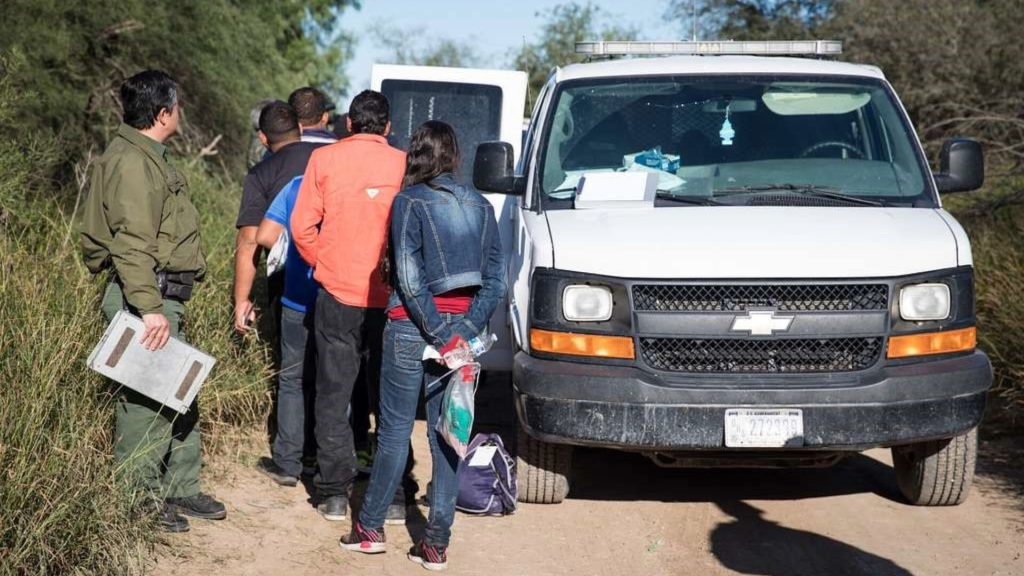
While the Biden administration has unveiled initiatives to address the root causes of migration from Central America, states argue more needs to be done to gain operational control of the border in the short term.
The Ongoing Border Crisis Under Biden
The Biden administration has failed to implement effective policies to curb increasing illegal immigration.
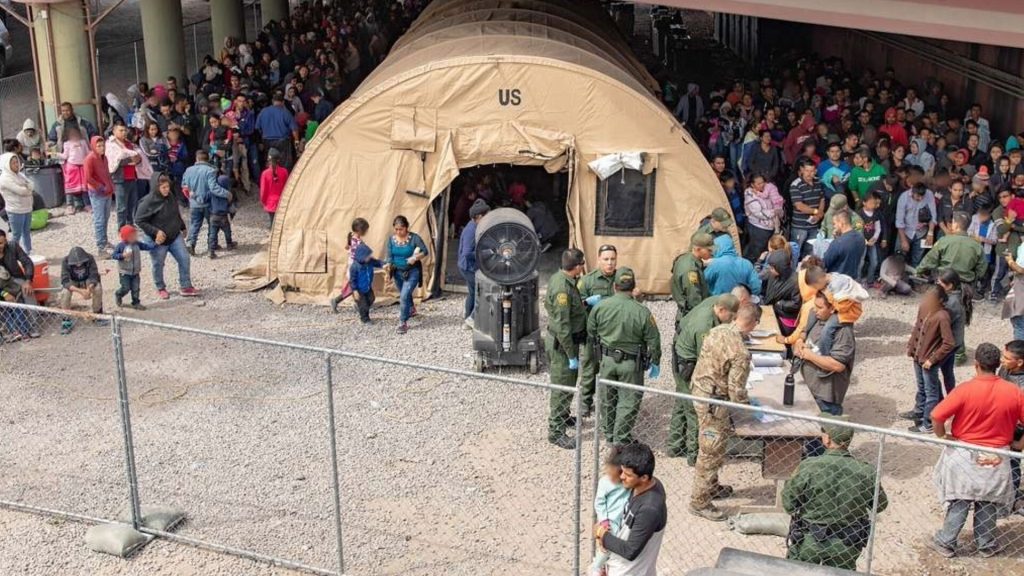
By ending the Migrant Protection Protocols program and catch-and-release policies of the Trump era, the administration has incentivized migrants to undertake the dangerous journey to the border.
What Supporters Say About Crackdowns on Illegal Immigration
Proponents of laws like Senate File 2340 in Iowa argue that states must take action against illegal immigration because the federal government has failed to enforce immigration laws properly.
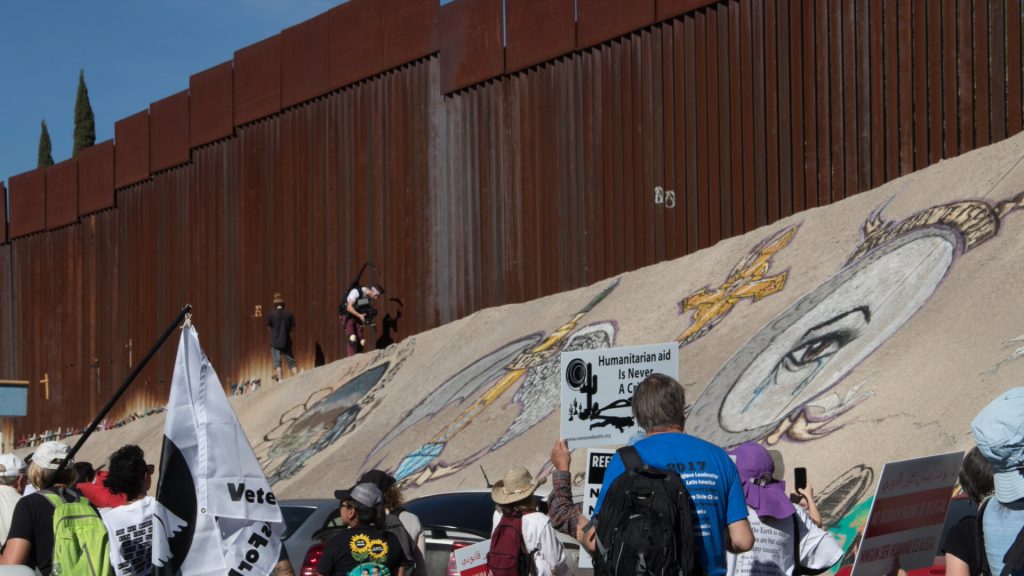
Supporters contend that bills empowering local law enforcement to arrest and deport unauthorized immigrants who have committed crimes help strengthen border security.
What Critics Argue About State Immigration Laws
Critics argue that these laws do not improve public safety. While proponents claim the laws will reduce crime by deporting “criminal aliens,” research shows that immigrants—including undocumented immigrants—have lower crime rates than native-born citizens.
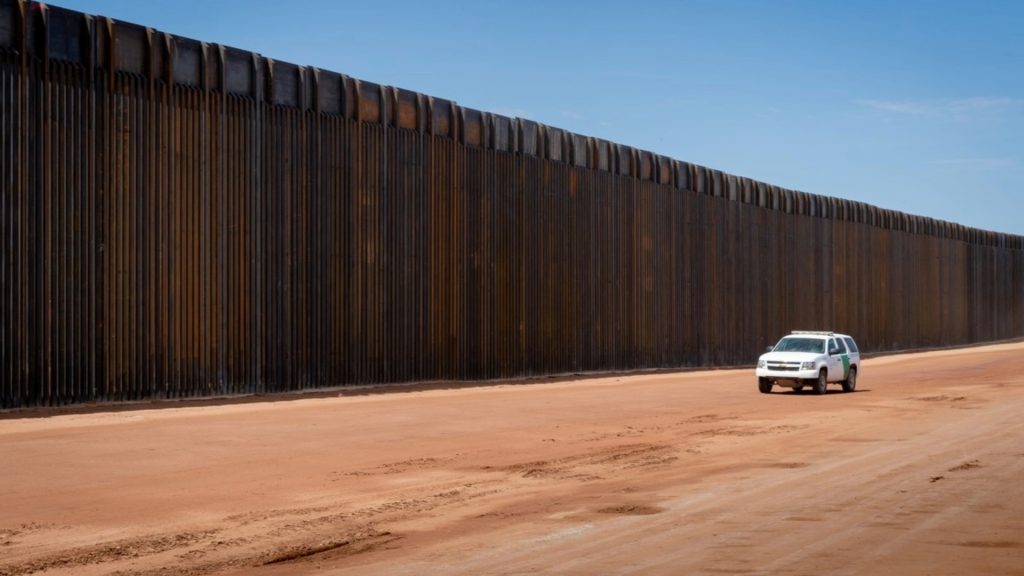
Harsher immigration policies and increased deportations have not been shown to reduce crime significantly. Some research links increased deportations to higher crime rates, as the disruption can damage community trust in law enforcement.
Iowa Joins In The State War Against Illegal Immigration
As Iowa becomes the latest state to take immigration enforcement into its own hands, the heated debate over the proper balance of state and federal power will likely intensify.
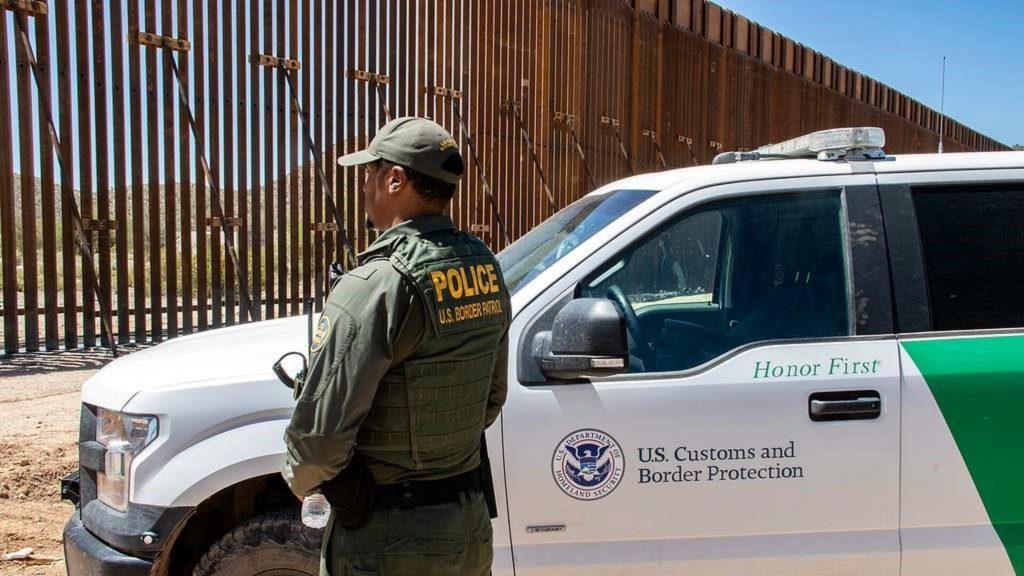
The coming months will determine whether states can legally supplement federal efforts or if immigration remains an exclusively federal issue.




